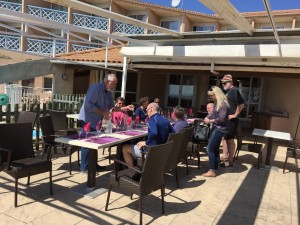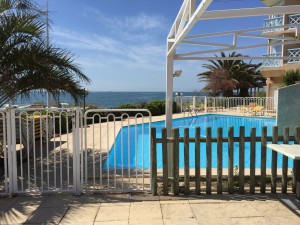I wrote a history of the critique of technology as a response to Latour’s “Why Has Critique Run Out of Steam?” There have been few, if any, adequate responses to Latour’s ground-breaking essay. This is my second response to Latour and concurs to a degree with his thesis. My first response (“The New Critiquette“) was also a history but offered a defence of critique, or rather an analysis of the critique of critique.
This new response to Latour is the opposite of the first. I wanted to write something resourceful, something we didn’t already have. Now we have a working history of the critique of technology.
It’s big history in that it extends over an expansive historical scale (550 BCE-present) and geographic scope. I tried to be inclusive, attending to questions of gender for instance, but realize there are omissions. It’s a work in progress. I wrote nearly each paragraph as a mini-essay of sorts, meaning that it has it’s own integrity as a case study. Each of these mini-essays gives an empirical example; they demonstrate critique or criticism of media and technology at different times in different places.
The chapter sets up a series of theses, not the least of which is that the critique of media and technology has run out of steam.
If critique barely changes a thing, including youth consciousness, what is its utility? Most critiques of media and technology are instrumental by definition and intended to have an effect or make a difference. If it has been enough for criticism and critique to offer a counter to progress narratives, then how effective has this been? Has the critique of media and technology run out of steam, as Latour (2004) suggests? If out of energy drawn from the steam age, should critique be retrofit to run on light and signals? Meantime, the trend in vaping may conceivably pressurize critique enough to sputter into the future. Is the critique of media and technology over time sufficiently prejudicial or probative? Instrumental or terminal?
I had great fun writing this and have an idea of what to do next with it. It’s most immediate setting is as a chapter in Critique in Design and Technology Education, edited by P. John Williams and Kay Stables. Thank you to Kay and John, who invited me to write this. I also thank Belinda von Mergenson, David Barlex and Marc de Vries, who gave superb feedback along with other colleagues at a conference in Marseille and workshop in Sausset les Pin. The conference and workshop were hosted by Jacques Ginestiè, his wife Marjolaine, and team from Marseille University.
That was tremendous fun as well. And yes, despite the beauty of the tranquil setting on the coast, we did work! Merci.



 Follow
Follow